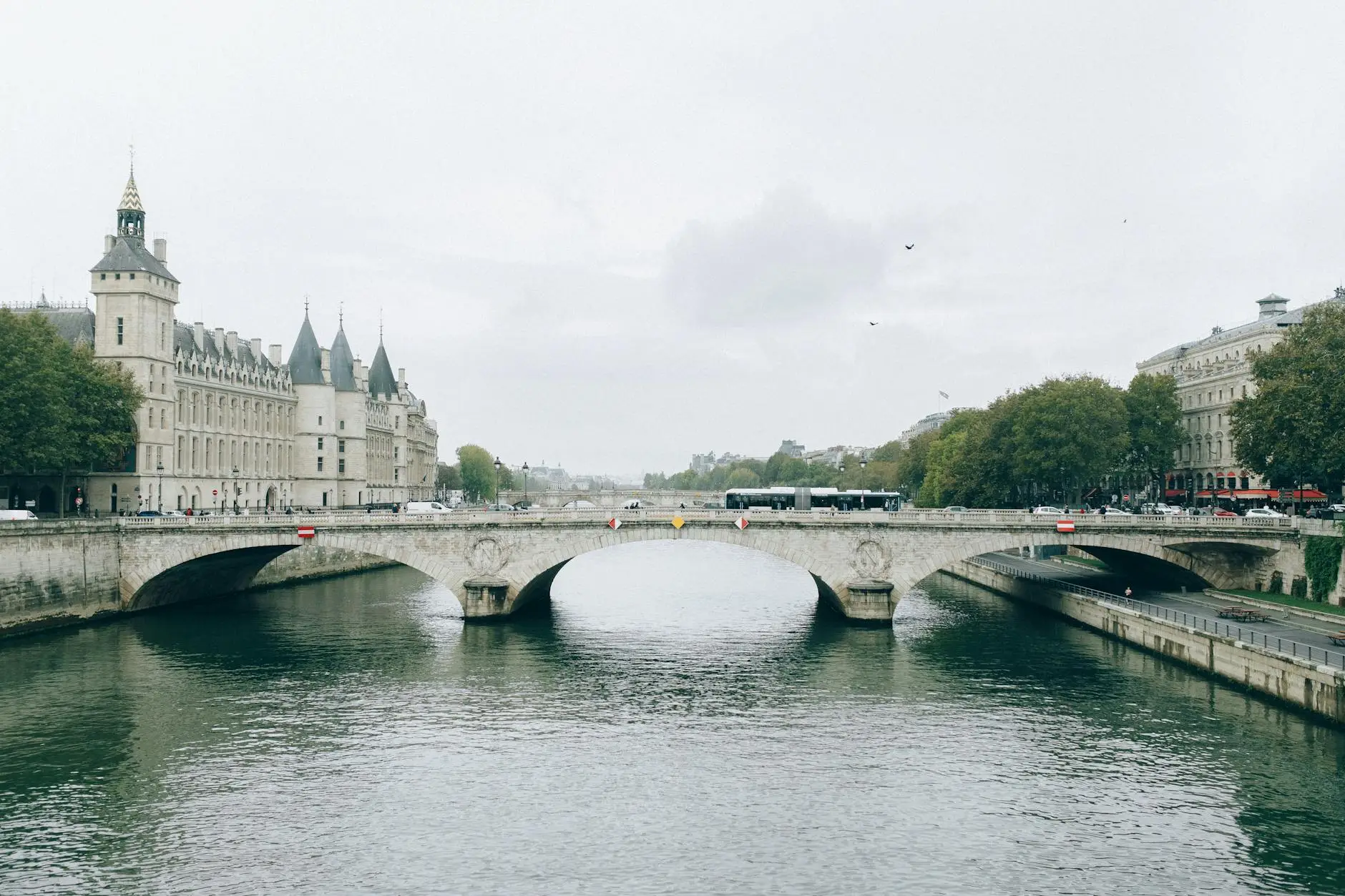Introduction
Religion has played a significant role in shaping French culture, influencing its history, values, traditions, and social fabric. From the medieval dominance of the Catholic Church to the current secular state model, France’s religious landscape has undergone considerable changes. This blog explores the historical role of religion in French culture and its modern-day perspectives.
Historical Overview
Historically, France has been predominantly Catholic, with the Church wielding considerable power from the Middle Ages until the French Revolution in 1789. The Revolution marked a turning point as France embraced secularism, distancing itself from the Church’s influence. The 1905 law on the Separation of Churches and State further established laïcité, the French version of secularism, emphasizing the state’s neutrality regarding religion and ensuring freedom of religious practice.
Religion in Modern France
Today, France is a multicultural society with a diverse religious landscape. While Roman Catholicism remains the largest religion, France also has significant Protestant, Jewish, Muslim, and non-religious communities. Laïcité remains a foundational principle, influencing laws and policies, such as banning religious symbols in public schools. This principle aims to promote social harmony and equality, but it also sparks debates on freedom of expression and integration, particularly concerning the Muslim community.
Contemporary Perspectives
Modern French society is marked by an ongoing dialogue about the role of religion in public life. While some advocate for a stricter application of secularism, others call for more inclusivity and respect for religious diversity. The debate is a testament to France’s complex relationship with religion—striving to balance its secular ideals with the realities of a pluralistic society.
Conclusion
Religion in France has evolved from a dominant Catholic influence to a more diverse, secular society. While laïcité continues to shape its culture and policies, the conversation about religion’s role in public life remains dynamic, reflecting the country’s ongoing commitment to both secularism and freedom of belief.


